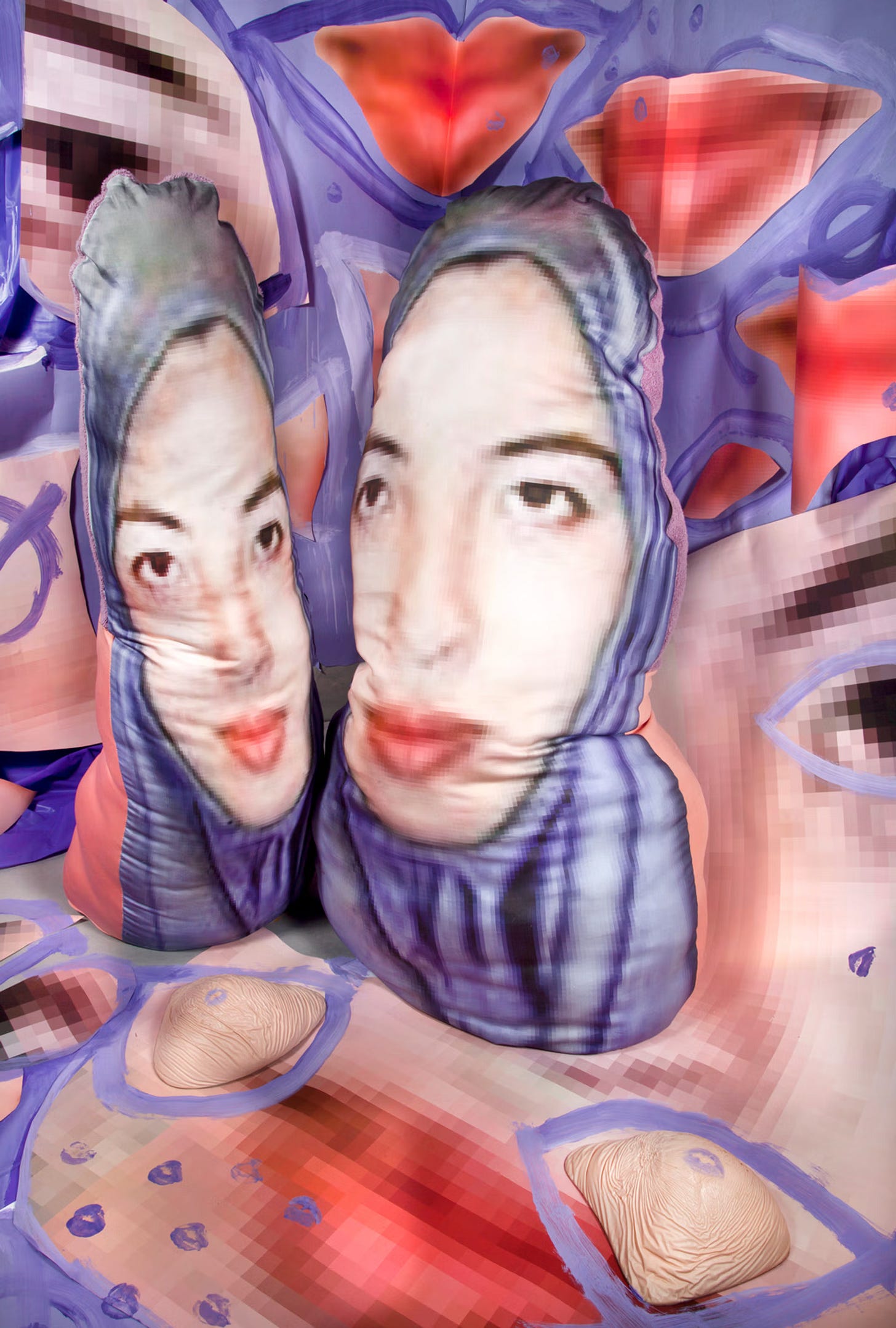I’ve been thinking a lot about minimalism. I’ve embarked on a “no-buy” year. I’ve done two closet cleanouts in the last three months. And I keep finding myself drawn to YouTubers who travel the world out of a single backpack or live in apartments with no furniture.
I have no current plans to trade my bed for a Japanese floor mattress or to pare down my closet to some mystically perfect 10-piece capsule wardrobe. But I have always been enticed by the prospect of being able to fit everything I own into a suitcase or the trunk of a car. I’m inclined to think this desire is rooted in my penchant for avoidance; I do not want to be bogged down by things. I cannot write when my desk is cluttered, when laundry is spilling out of my hamper onto the closet floor. I do not feel ready to root myself to a space, to invest in my current address. When nothing feels permanent, everything still feels possible.
Yet, I also wonder if it is the exact opposite urge — the desire for containment — that is propelling my fixation. I recently read The Coin by Yasmin Zaher, a beautifully written novel whose narrator is obsessed with being clean. She spends hours scrubbing down her apartment and her body each week. It becomes a ritual, a way of controlling what is within her reach when there is so much in the world she cannot do: free Palestine, keep students from shooting up schools, close America’s cavernous income gap.
When I am overwhelmed by the state of the world, I, too, like to do things that feel productive: I am overwhelmed by the plastic waste problem and the environmental impacts of fast fashion; I will commit to buying only what I need and shop second-hand first. I am disgusted by manipulative influencers and marketing ploys that make me want to shop; I will become an expert of my own personal style and not succumb to trends.
After a while, the resistance gets a little boring. So, I take it further. Decipher what I really need from what society tells me I do. Sell everything that is no longer me. Use up every last drop of toothpaste before buying a new bottle. Research a 3-in-1 soap.
I know I am not alone in this urge. “Panning” and “underconsumption-core” have been trending for a few years now. People regularly encourage each other online to live more frugally and avoid the allure of ever-changing trends. Frequent the YouTube channels or TikTok accounts of fashion it-girls, and you’ll find plenty of advice on how to “find” your “personal style.”
This all feels like an appropriate reaction to the state of things. The internet is the wild west of consumer culture. This can feel a lot like freedom. You can buy pretty much anything you want with the click of a button. But if you don’t mentally separate what you want from what you don’t, you’ll find yourself at the whim of alluring ads and influencers hawking products on every corner.
Stepping away from that world can feel like freedom, too. Deleting Instagram. Unsubscribing from retail newsletters. Focusing on what you already have, not what else you can acquire.
These all feel like positive actions, but I’m not totally convinced they are. Am I not just filling the time I’d normally spend on social media researching different ways to be, plucking tips and tricks from the lives of minimalists on some quest to perfect my own habits? At the end of the day, I’m still just fixating on myself.
I recently attended a class at the Strother School of Radical Attention in Brooklyn, a nonprofit that’s trying to push back against “the fracking of human attention by coercive digital technologies.” The goal is to get people to embrace forms of attention that resist commodification. We did various exercises, like analyzing our hands and those of a stranger. We shared our observations and what we felt. There were no wrong answers. Then we went outside and wrote down everything we saw: A woman walking her dog, a child running in circles.
I went to the class out of curiosity, but I’d be lying if I didn’t admit I had some end-goal of bettering myself and honing my ability to focus. But there were no quick-hit tips or homework for me to take back with me. The point was simply to exist, alongside a group of other people simply existing. For two and a half hours, we paid attention for attention’s sake. Nothing more.
And what is attention if not care, if not love?
There is nothing inherently wrong with trying to better yourself or doing the very difficult work of figuring out how you want to live your life. I admire those who do these things. But more and more, I am wary of the ways technology and our culture at large socialize us to operate as isolated individuals. So much content online encourages us to optimize ourselves. Doing so is incredibly enticing, especially when it feels like the world is burning. But real progress doesn’t happen alone.
At the end of the class, the Strother School presented us with an image from a Henry James novel, The Wings of the Dove. In the scene, a busy doctor visits a sick woman. “So crystal-clean the great empty cup of attention that he set between them on the table,” James writes. It’s a lovely metaphor, attention as an empty cup between two people. Delicate, finite, shared.
… and speaking of metaphors and the world burning, I recently wrote about the use of the “uncanny” in art as a feminist strategy. Read my latest for The Art Newspaper here.
Till next time,
Marisa





Awesome post! I also prefer second hand shopping and resourcefulness
I loved this!!!!!